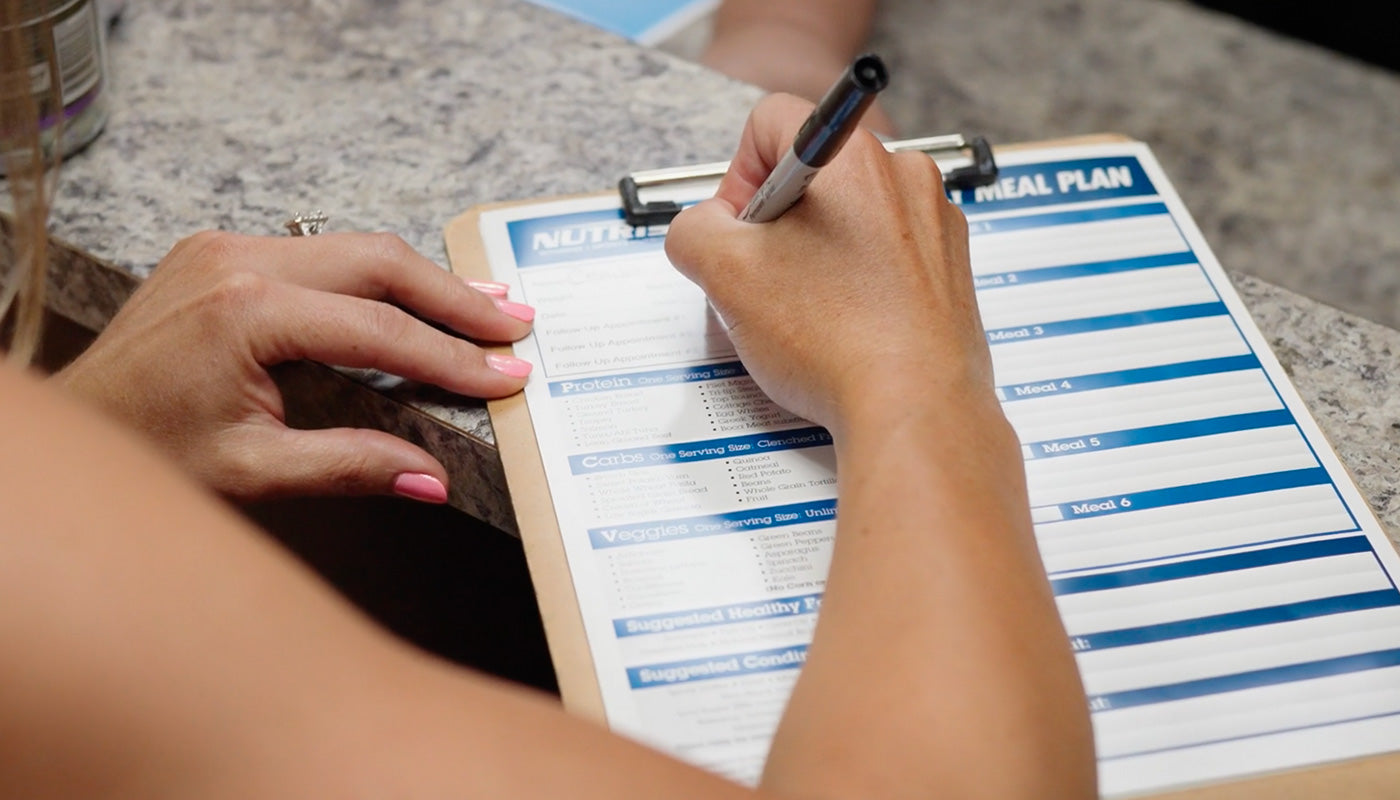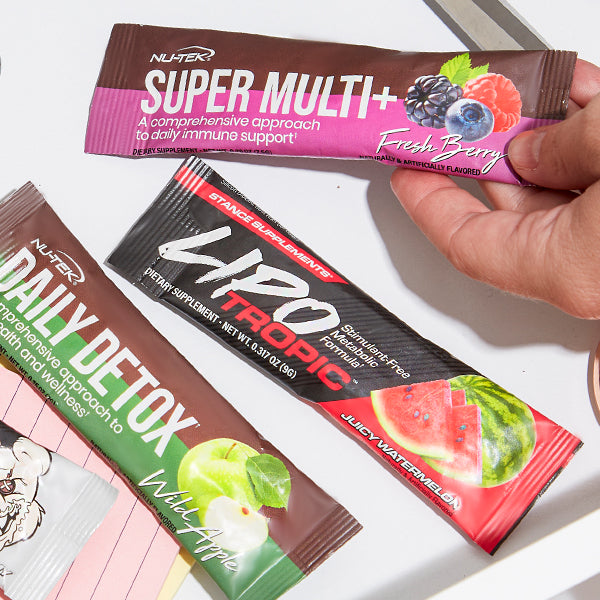Have you ever woke up feeling so exhausted and foggy that you’re not sure how you are going to make it through the day? You are unmotivated, generally apathetic, and feel like you are swimming upstream even when doing things you typically enjoy.
You can chalk that up to a pretty rotten, no-good, yucky day. But have you ever felt like that multiple days in a row? You might be experiencing burnout and, you are not alone. Burnout is quickly becoming a real problem and is actually considered to be an epidemic.
What is burnout, how to identify it and what to do?
Burnout is becoming more common and pervasive every day with higher demands of the fast-paced and uber-connected world. Burnout is typically the result of workplace stress that has not been successfully managed. For many, there are blurred lines between work and home, especially since the COVID-19 and the era of non-stop Zoom calls and zero delineation of when the workday starts and ends.
Did you know that women are 63% more likely to experience burnout than their male counterparts? That is in part due to the desire to be all things to all people, a.k.a. ‘Superwoman Syndrome.’ Women tend to take on so many roles, from career woman, mom, taxi driver, housekeeper and cook, to more recently, homeschool educators.
Burnout isn’t just the result of workplace stress, it is also a result of prolonged exposure to other stressors, including home and everyday life responsibilities.
Burnout is progressive and left unacknowledged can lead to chronic health issues. The key is catching it early and taking action.
So how do you know if you are experiencing burnout or just having a rough week? Take this short Burnout Quiz from the expert on burnout, Dr. Christina Maslach of the University of California, Berkeley.
1. Are you regularly physically and emotionally exhausted?
2. Do you feel a lack of energy and have trouble sleeping?
3. Do you feel edgier and or sad?
4. Are you more cynical and detached than usual?
5. Do you no longer feel joy from things that used to please you?
6. Are you less social, less connected?
7. Do you see the glass as half empty?
8. Are you feeling like you’re not contributing anything meaningful, where you once were?
If you responded “yes” to all or most of these questions, then you are experiencing burnout. That means it is time to take action. Schedule an appointment with your internist, mental health professional, or a coach.
How To Avoid Burnout
The best strategy to avoid burnout is to prevent it altogether. Here are some simple strategies you can implement today.
Eat, Hydrate, Sleep, and Exercise: These may seem like a no-brainer, but when we are stressed, these things tend to slip out the window pretty quickly.
Manage Stress: This is a big one; you must find a way to manage stress. Meditation, breathwork, and yoga are great ways to tune in, lower cortisol levels and calm the limbic system.
Create Boundaries: Learn to say no to friends and family that stress you out. Lean into your support system—friends outside of work and family.
Set and Protect ‘YOU’ Time: Seek an outlet for creativity. Learn something new, carve out time for a hobby. It is more important than ever to practice self-care. An empty gas tank will take you nowhere.
– By Corey Phelps, NASM certified trainer and nutrition expert. Follow her on IG @cultivatebycorey






